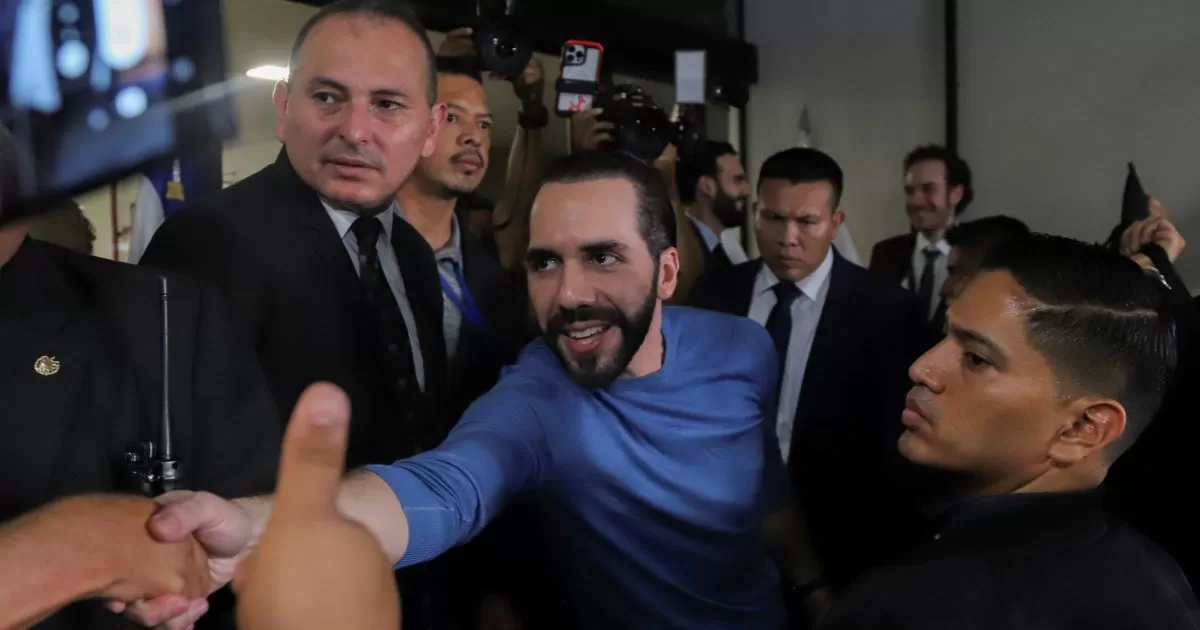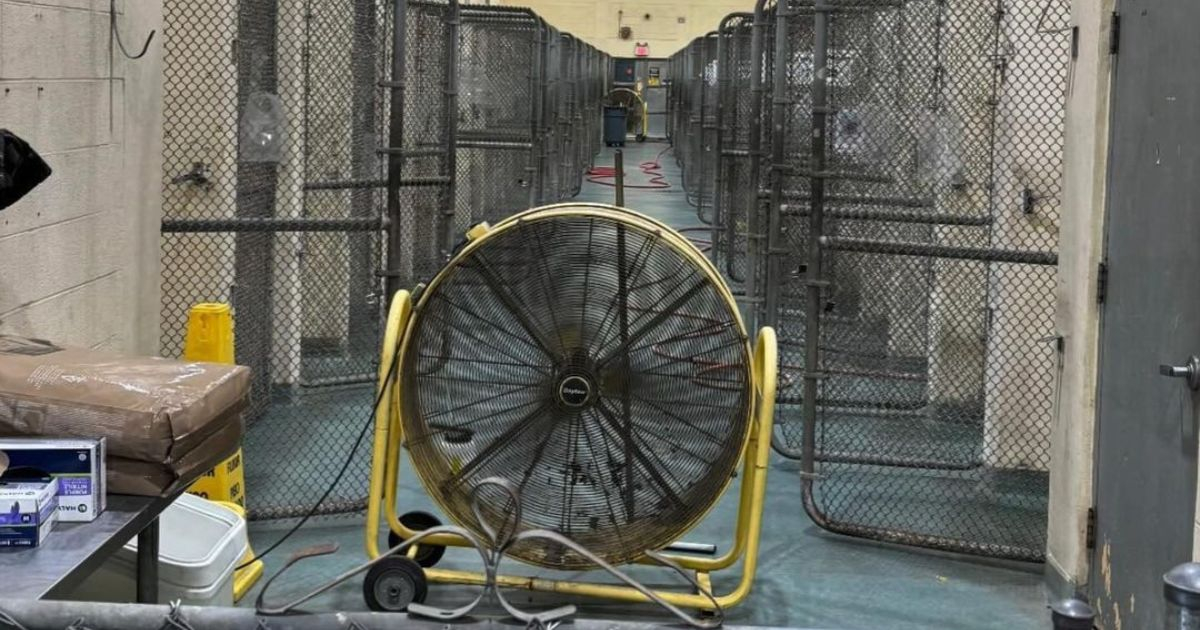SAN SALVADOR.- Despite controversies over the legality of his candidacy and accusations of seeking to perpetuate an authoritarian approach, the Salvadoran president Nayib Bukele He is on track to secure re-election in February, enjoying considerable popularity and lacking significant opponents.
With his characteristic informal style, neatly gelled hair and backward cap, Bukele, 42, has managed to cultivate his image on social networks, highlighting the “success” of his campaign against gangs, although allegations of sexual abuse have been raised. power by state forces.
Despite the constitutional ban on presidential re-election, a resolution from the Constitutional Chamber of the Supreme Court in 2021 allowed Bukele to run again, backed by the Supreme Electoral Tribunal. According to this resolution, Bukele had to request a six-month license before the end of his term to participate in the race.
The president obtained authorization from Congress to temporarily step away from office and focus on the campaign, as did his vice president, Félix Ulloa, who once again accompanies him on the ticket.
During this period, the presidency was assumed by Claudia Juana Rodríguez de Guevara, a figure close to the president and, until recently, unknown in El Salvador.
Bukele approval
According to a recent survey by the José Simeón Cañas Central American University (UCA), led by the Jesuits, 70.8% of respondents approved of Bukele’s management, with a resounding 97.7% considering a decrease in violence. The ruling party, represented by Nuevas Ideas, leads with 61.7%, followed by the Farabundo Martí National Liberation Front (FMLN) with 2.6%, and Arena, the right-wing party, with 1.5%. .
Eduardo Escobar, lawyer for the non-governmental organization Acción Ciudadana, pointed out that at this moment “there is no candidate, no party that can compete with the president.” He predicts an easy victory in the first round for Bukele and that Nuevas Ideas can obtain an absolute majority in Congress and the majority of mayors’ offices.
However, Bessy Ríos, lawyer and political analyst, criticizes the opposition parties for not having adequately prepared for the re-election situation. Meanwhile, Napoleón Campos, a specialist in international affairs, questions the legitimacy of Bukele’s authorization, arguing that the Court Chamber cannot allow what the Constitution prohibits, and some analysts consider that this authorization is “illegitimate” due to the affinity of the Chamber with the government.
Despite criticism, the Salvadoran population appears to support re-election, mainly due to perceived improvements in security. Laura Andrade, director of the UCA Institute of Public Opinion, highlights that citizens fear a reversal of the progress achieved in this regard.
Source: With information from AP


